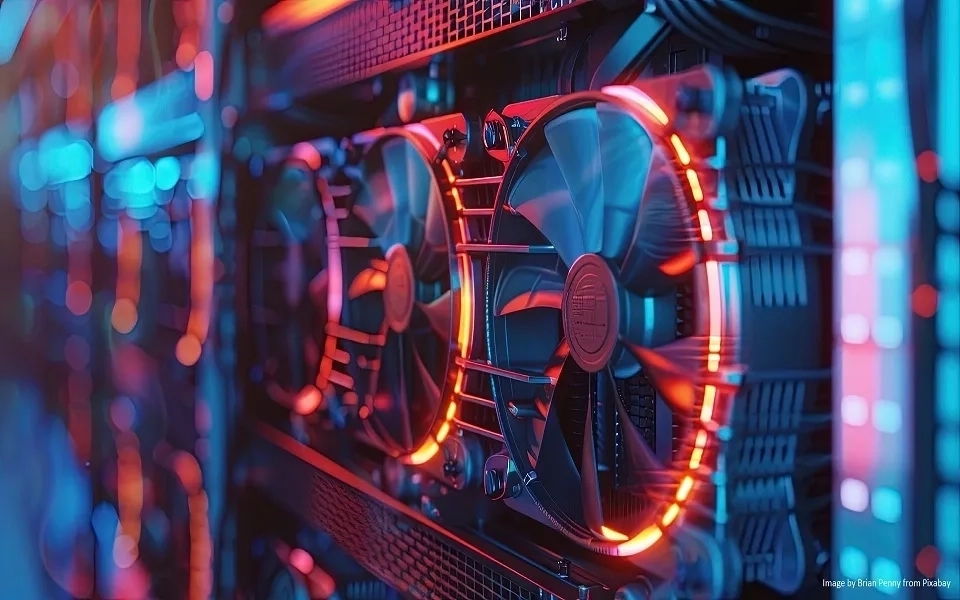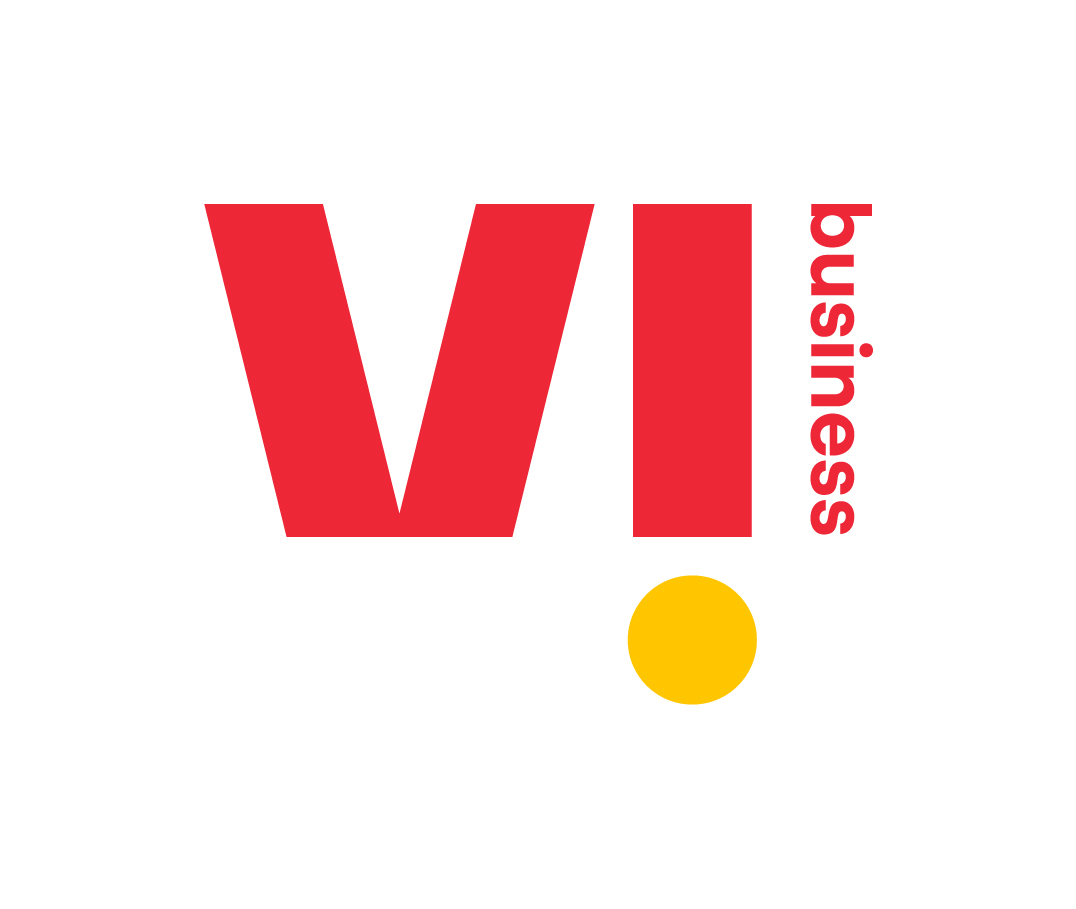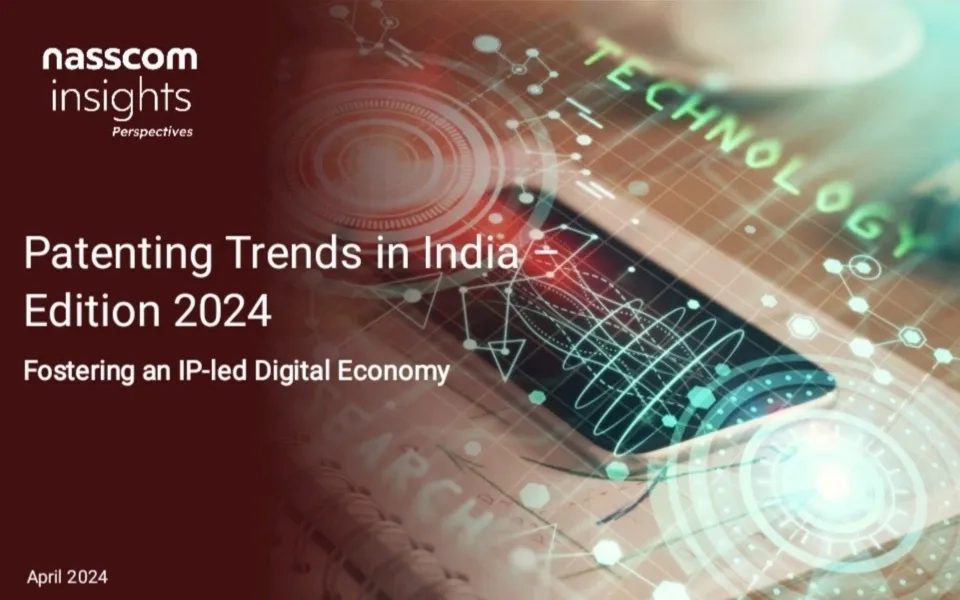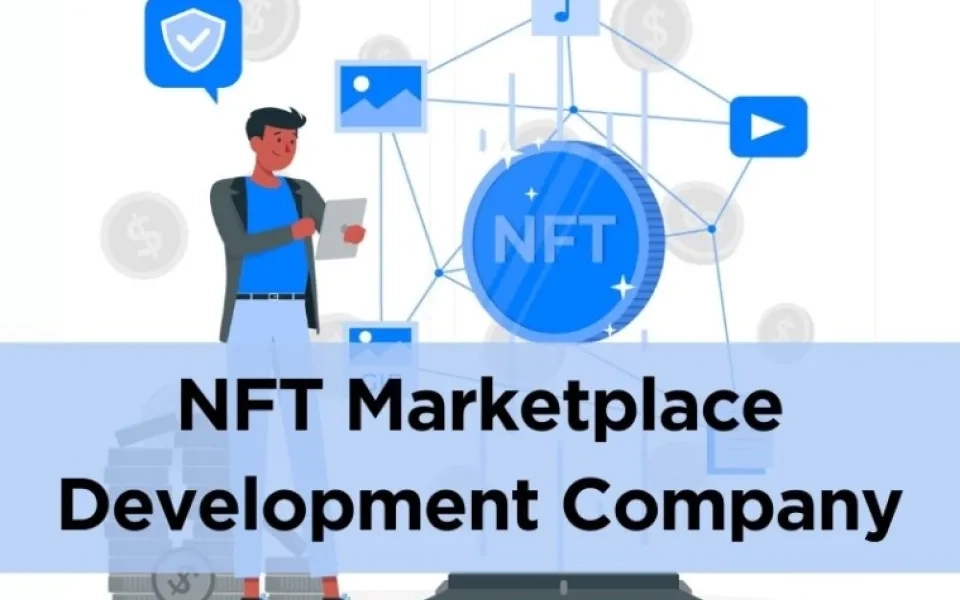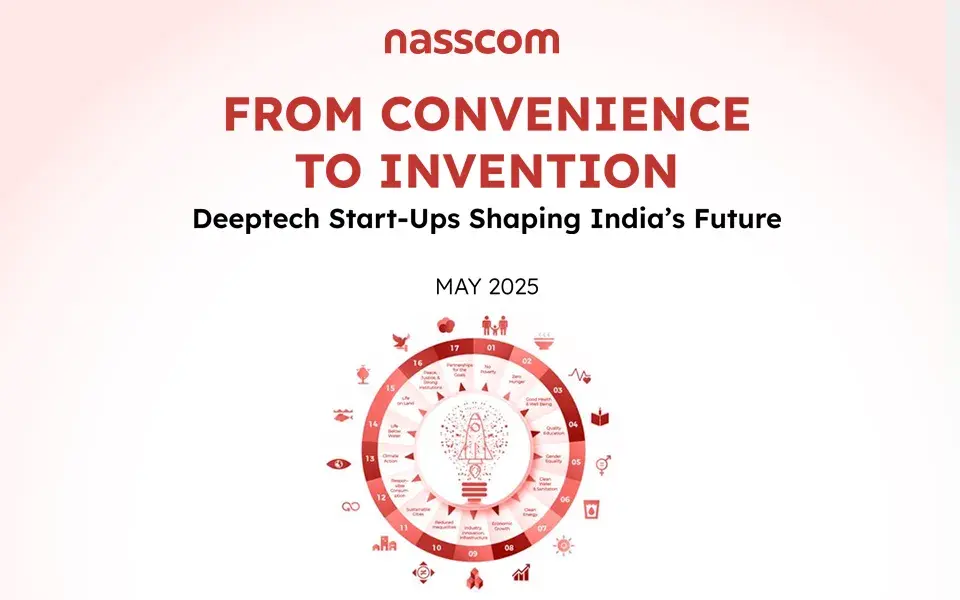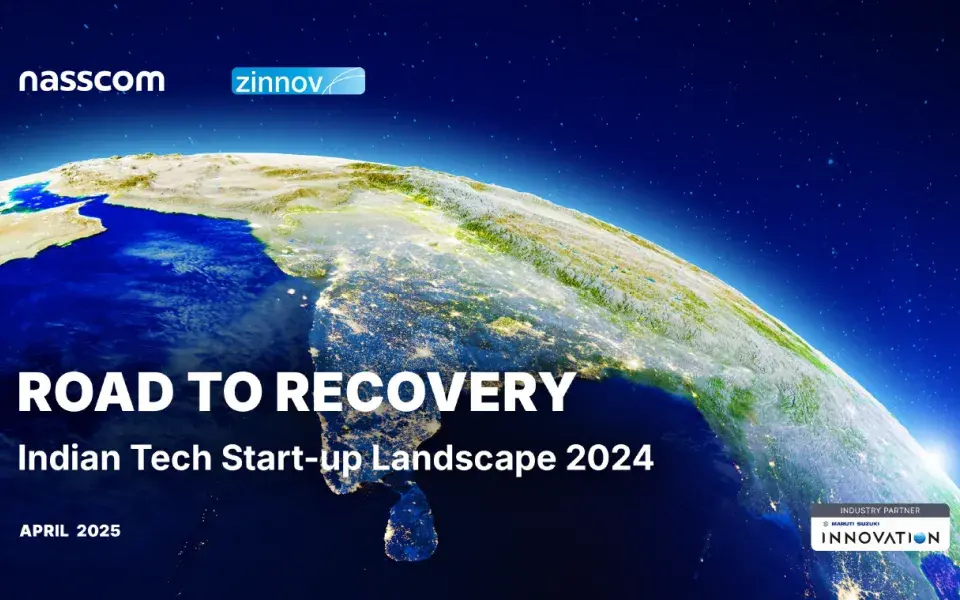How the Internet of Things is Changing the Game for Indian Product Companies
The term Internet of Things (IoT) is no longer relegated to the realm of futuristic technology or one that’s only found in reports and predictions. IoT is very much a part of the here and now, and in India, there are product companies that are actively creating and launching IoT products in the space. From retail to enterprise systems to devices, there is activity and interest in the power of what an IoT enabled product can do. Some companies have come into existence in response to the proliferation of IoT, while others were already around and have created or tweaked their products to incorporate IoT capabilities, once they realized its potential.
Being Green with Big Data
Algo Engines Pvt. Ltd., a Mumbai based startup, harnesses the power of Big Data and studies data analytics in the renewable energy space in India. A little over two years old, the company began by looking at wind turbines and today also analyzes usage at solar plants. While working in the clean energy advisory space, Satish Kashyap, the co-founder of Algo, found that while massive amounts of data was being collected, very little was being done with it. The company’s foray began as an answer to customer need, seen in the founders’ previous venture. We saw an opportunity to do data analytics, leveraging the power of the internet and Cloud, and the storage capability of Big Data – things that today comes under the IoT umbrella. he points out. Hardik Patel, CEO of Epsilon Electronics, also speaks of a similar start – they got into IoT gradually, because they came across a problem when developing an application for customers, which they could not solve. Within six months of starting up, we realized that by rebranding SCADA as IoT it made us a lot more happening! says Kashyap, of Algo’s positioning. This is a field that is growing rapidly, thanks to increased solar and wind penetration due to the new government’s interest and involvement – solar is growing everywhere, he says.
Algo’s product does performance improvement and analytics, in slightly different ways for different assets. Measuring impact is an important aspect in the green energy field, and Algo even has a performance improvement based incentive in place for one of its customers. A 1 to 2 percent revenue increase is the goal, we tell our customers, says Kashyap, with current levels being around the one percent mark. He feels that it is the green energy space that allows for the IoT advantage, and that their positioning would not work in the traditional energy space, where there are non-Cloud based solutions. Servicing about 1000 megawatts currently, the goal is to reach 10,000, says Kashyap.
Of Smart Buildings – Homes, Offices, Schools and More
Green tech and the power of IoT have come into the home and office too. Being able to detect, control, share and monitor devices and energy resources is no longer in the realm of science fiction. NASSCOM Emerge50 winner in 2013, iRam Technologies, a startup in Bangalore, created selectrical switches that control devices via the internet – in other words, a smart switch that harnesses the power of the IoT. The switch is installed in the existing electrical box, maintaining the classical switch experience for users, and with LED indicator and proximity sensor. Enabled to connect to any home router, there is no special infrastructure needed or additional costs, points out co-founder Syam Madanapalli. Using a mobile app, a user can control what’s happening at home and from outside, can get real time status on devices. One can also switch a device on or off, remotely and in advance.
Madanapalli points out that the company’s solution architecture makes their offerings at around 70% cheaper than the incumbent players, and the advantage for builders is that iRam’s solution can be implemented at a later stage and doesn’t have to be provided or even planned for, in advance. While iRam has not yet got around to measuring efficacy and data is limited at present, the plan is to start data collection, with the expectation of around 30% savings in energy costs while providing comfort and safety.
iRam’s goal, he says, is to power Smart Cities – the company recently announced a Smart Street Lighting solution and is in the trial stage with the solution, for Smart Cities in Bellary, Vizag and Delhi. The positioning is to Smart Campuses and local governments. With a focus on emerging markets, the company’s solution is currently deployed in India and in advanced stages in Indonesia and Bangladesh.
Measuring Efficacy and Wastage, too
Epsilon Electronics, an Ahmedabad company is working on electronic product development in automation, combining IT and electronics industries. In the energy space, there is a huge market for data usage and wastage analyses, with patterns and available for both devices in use and at rest, says Hardik Patel. Epsilon develops the hardware and apps to measure exactly such consumption patterns of every device and analyze the data. They are also testing products that can measure and report on emission levels of a device (for example, too much CO2 being emitted would mean that device should be replaced).
What they are doing is significant, says Patel, because there is very limited tech that calculates energy wastage. Epsilon has both GSM and remote based device controlling systems – the latter for home appliances, in addition to a GSM based security system to secure one’s home or office or any other location with a mobile based security system.
Extending the power and capabilities of IoT
GVC Systems, a ten year old company that existed long before IoT became a catchphrase, builds electronic controllers for devices, focusing on traffic signals, elevators, vending machines and printing and packing systems. The CTO, Vinay Chaddha, says he has always been interested in the integration of mobile and computer tech with electronics. Today, there are many people interested in what they do, and in making use of IoT capabilities, he points out, but says there aren’t many people working on IoT – if they are, it’s on the flashy products; no one focuses on electronic products. Currently, being a small company, they are only building products to serve customer needs rather than a mass audience. Designing electronic products is very expensive, points out Chaddha.
Chaddha believes that children are also great programmers and have an interest in electronics. He teaches 10 year olds programming and electronics, giving them the tools and knowledge to build IoT devices – readying the next generation and next wave in the field! Seeing an opportunity in the education sector that extends the IoT learning they gained in the energy segment, Epsilon is now working to develop wearable tech using Bluetooth sensors, including games, to help students learn and understand concepts. Epsilon is also aiming for a slice of the healthcare segment pie. Right now though their products are used only within India, the design is universal, says Patel.
There’s enough Pie for Everyone
Madanapalli points out that iRam has already beaten the big players, and is in a niche position. Today, big builders are coming to us, asking that we provide solutions for residential projects, he says proudly. Algo’s Kashyap thinks there is huge growth destined for the IoT product company segment both in India and globally. He feels that machine learning and artificial intelligence are the way forward, and using those will bring even more revenue increase for customers. There is a lot of traction, and competition is growing too, but Kashyap sees this as a good thing, there is enough for everyone: it’s a huge pie, it’s not a problem!
This sentiment is echoed by Patel, who sees huge market potential and growth opportunities ahead in the IoT product space, giving the example of energy wastage calculation, which is of import to everyone, across industries. From education to healthcare to factories and hotels, maximizing energy efficiency is the ask – the players are proliferating, and as that happens, more and more products that harness IoT will come to the fore.






![[Part 2] The Geopolitical Chessboard: Navigating the US-China AI Rivalry and Strategic Imperatives for Indian Tech Startups](https://community.nasscom.in/sites/default/files/styles/960_x_600/public/media/images/ChatGPT%20Image%20Jul%203%2C%202025%2C%2005_43_59%20PM-edited.png.webp?itok=5tZmPPrq)
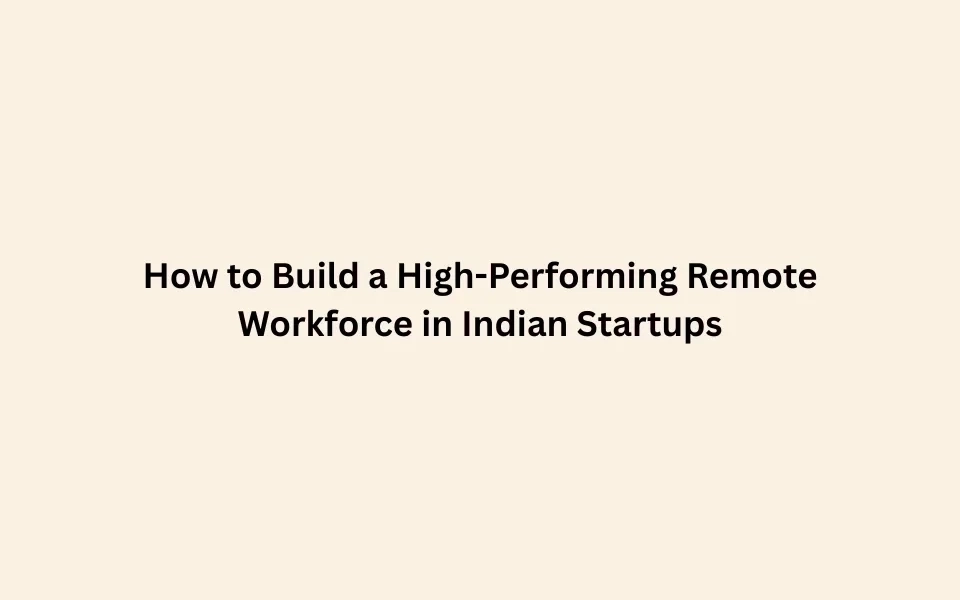


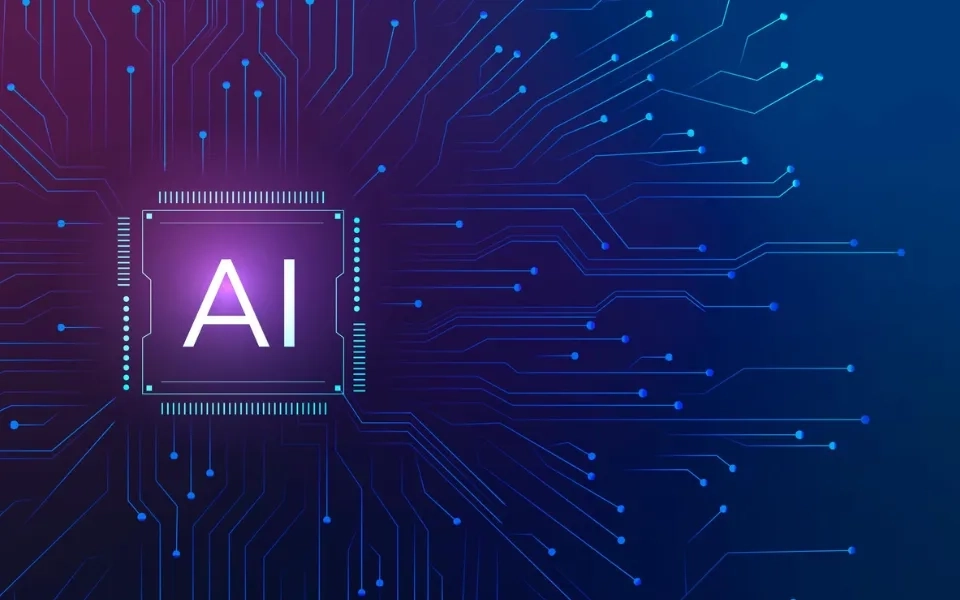
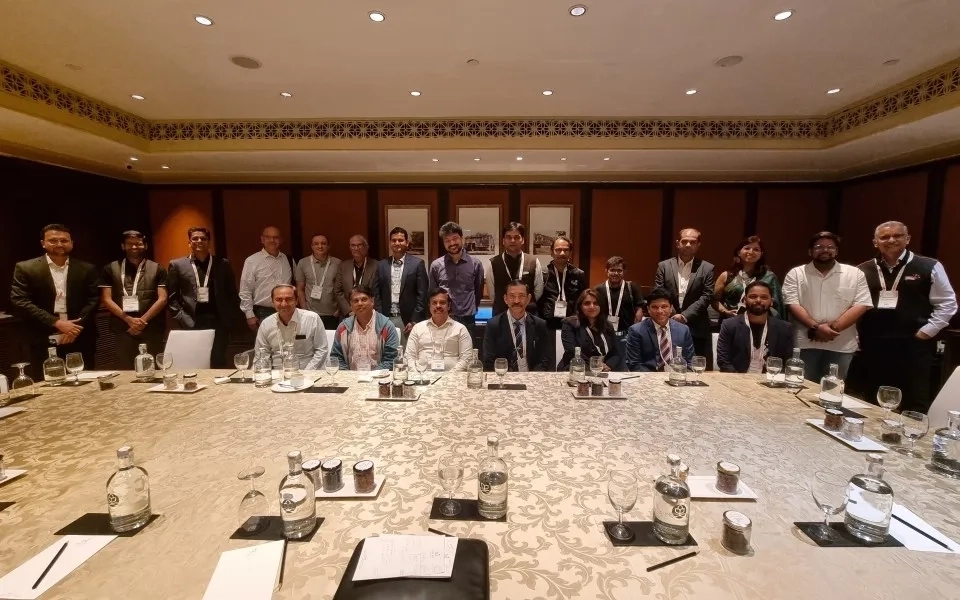


![[Part 2/2] : Innovating Care: How HealthTech Startups Are Reshaping The Present and Future of Indian Healthcare](https://community.nasscom.in/sites/default/files/styles/960_x_600/public/media/images/ai-generated-9106907_1920-edited_0.jpg.webp?itok=qyguN4fP)
![[Part 1/2] : Innovating Care: How HealthTech Startups Are Reshaping The Present and Future of Indian Healthcare](https://community.nasscom.in/sites/default/files/styles/960_x_600/public/media/images/ai-generated-9106907_1920-edited.jpg.webp?itok=A57pOCo-)


